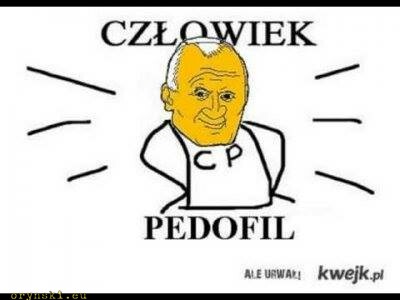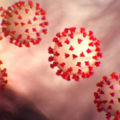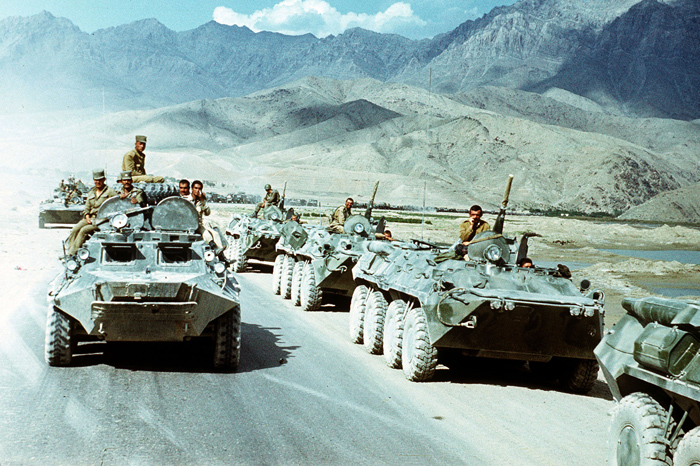The Queen has died at the beautiful age of 96 years. After the initial shock of the nation, the news from Britain became more and more ridiculous. Center Parcs kicking out their guests in honour of the queen and the food banks closing its doors to hungry, poor people to commemorate her majesty. All while the BBC – and many other British channels – constantly pump queen-related news. Of course you are not allowed to criticize monarchy, so there is no place for discussion, and there are only as many cute anecdotes about Her Majesty you can repeat between constant updates about the journey of the queen’s coffin. So the BBC is becoming a laughing stock after an excited journalist informs the world that this Paddington Bear who was invited for a tea in a clip promoting her Jubilee was, in fact, not real but CGI generated afterwards. People, who were initially moved by departure of the queen – who even for Republicans was a constant feature of their lives and the symbol of the nation – are slowly getting fed up with that and more and more voices can be heard that all this is simply becoming ridiculous. I know what is going to happen next. How? Because I am Polish. And I saw it twice already.
Pope John Paul II was to the Poles something along the lines of what Queen was to the Britons. A constant feature, a fatherly figure – even to those, who weren’t too religious – and a symbol of Poland widely recognized across the Globe. I remember that day when Pope died. We were at the party when the news broke. That is where the first crack showed. We mourned for a while, keeping a silent moment, and then some of us came back to party business as usual – after all, the Pope was already old and sick, so his death was hardly a surprise. The other group accused us of showing no respect.
But in general, the nation was moved. People gathered in big crowds in places that had some connections with the pope. I went too. I left the church nearly a decade ago, but I was moved – it was the end of the era. I also wanted to see that historical moment for myself. But when I turned the TV in the evening, I saw the crowd I was a part of shown on the screen with the commentary that we were people who loved the Pope so much, as he was our father and leader of our faith.
The media went into a complete frenzy. There was nothing but the Pope’s death everywhere for weeks. Just as BBC today tells us that Scots do love their queen as well, they just love her quieter to explain why the groups of people that line the streets through which the queen’s coffin travels are not visibly enthusiastic about the dead Royal, we had experts who said that people who do not mourn the pope and just carry on with their lives as usual just decided to mourn in private. There were many academics proclaiming this will be the moment of change for the whole nation, and called us, the people who were born during the reign of Pope John Paul II „generation JP2”. We were supposed to be touched by his pontificate and somehow drive the generational change back towards Christianity, or something. The two fighting football clubs of Kraków, Wisła and Cracovia, who announced reconciliation and eternal peace between two competing groups of football hooligans were given as a shining example of this decisive change in society.
Of course, it was all bullshit. The eternal peace between the football hooligans lasted about two weeks. People were so fed up with the media imputing that they are in the mourning, that T-shirts and stickers with the slogan “I haven’t been crying when Pope died” soon became quite visible on the streets.
But the media and the establishment doubled down. With the pope on the way to becoming the Saint, the message was now that he was the greatest Pole that ever lived, that he single-handedly dismantled communism and the soviet union, and that tributes to him started to pop out across the country. By now, I believe, there must be well over a thousand of the pope’s monuments across the country. Schools, streets – even the prominent city squares with historic names – were renamed after John Paul II. His favorite crème cakes have been called after him and are now known as “papieskie kremówki” – Pope’s crème cakes. The school curriculum started to include more and more Pope in every subject possible – after all pope was a poet and a drama writer in his youth. Not the best one, mind you, but hey, he’s a Pope, so let’s torment our youth with his work. History, geography and even math included pope-related themes. His parents, siblings, friends, etc. became almost saints and national heroes by proxy. The spring was compressed to the extreme – and soon it had to bounce back. And hell it did!
The reaction of the young generation surprised even the researchers that watched Polish society closely: the pope became a meme. It started with the simple trolling and counter-acting the official propaganda. You were asked to turn your lights off at 21:37 in the evening to commemorate the exact time of the pope’s death. You were flushing your toilet at this time instead. You were force-fed with information about what the wonderful man the pope was. You would research his involvement in covering up pedophilia scandals and create memes about it. Soon the memes became completely meta and today just the mention of the digits 2137 in any context will make many younger Poles chuckle.
As the establishment was fighting with those blasphemous memes, smearing the memory of the greatest Pole, the young counteracted with extremely popular social media accounts such as “world championships in offending the Pope” where the most offensive memes could be found. The memes became known as “cenzopapy” – a merge of the words “censorship” and “ [holy] father”. Even the outraged internet post of someone defending the memory of the pope, asking someone mocking him “do you have any human reason and dignity” (“Rozum I Godność Człowieka”) had been turned into the meme itself.
As a result the Pope, who during his life was the authority that could bring together those religious and those far away from the church, lost virtually all significance among everyone but the most devoted Catholics.
Some years later we observed the same story all over again when president Lech Kaczyński died in a plane crash in Smoleńsk. This tragic event, that shook the whole nation, soon became exploited by Kaczyński’s political party. For the last 12 years, we are forced with propaganda, that Lech Kaczyński, at the time widely considered to be the worst president so far, with no chance for reelection (just before the crash he was polling at between 12% and 20% of support) was the statesman of historical significance, important enough for Putin himself to be afraid of him. His twin-brother Jarosław took power thanks to fueling conspiracy theories about the assassination and for all this time celebrates his brother’s death with monthly events (called “month-inversaries”) and monthly visits to his brother’s grave in Kraków. While at the beginning people understood his need to mourn the closest person to him, with time people became fed up with the lies he spouts during these events and counterprotests appeared. It resulted in his government amending the rights to protests and, after it didn’t help, in the need to cordon the whole quarter of the town and illegal activities of the police towards opposition activists.
Again, the monuments to Kaczyński and his wife popped up all across the country in their hundreds, often despite protests from the local population. The monument to him – and another, to the other victims of the crash – was posted on the prominent square in Warsaw. Illegally, as the city did not want to allow it, so the government forcibly took over the square under the pretext it is needed for military purposes and made it an exclave in the capital city controlled by the Ministry of Defence.
I was amongst the fierce critics of Lech Kaczyński, but the Smoleńsk tragedy shocked me like every other Pole. It was really a moment of great national unity. But the bubble burst, when Jarosław Kaczyński teamed up with the church, which is in charge of Kraków cathedral at the historic Wawel castle, and announced Lech Kaczyński will be lied to rest in the king crypts, reserved only to the most important royals and figures of great historical significance such as Tadeusz Kościuszko or Józef Piłsudski. People had respect for the tragically deceased president, but placing him – and his wife – amongst the kings and heroes of the nation was too much. I myself signed a petition to protest it. But they still went ahead.
Meanwhile, on the other side of the river, there was a great billboard advertising cold beer, that happened to be named Lech, just us our former president (it’s a historical name of a legendary founder of Poland). Soon memes about Cold Lech were everywhere. And from there it was just a downhill run, like with the Pope.
At the moment I am in Poland, but I spoke to my friend in Edinburgh. I asked him how the mourning of the queen is going. “Remember Smoleńsk crash?” – he responded – “they have reached the stage of the Wawel castle”.
Today, the Pope is just a meme, and the monument to Lech Kaczyński and other victims of a plane crash is a stage of political protests to such extent, that they need to be guarded by police officers 24/7. I believe this is the last moment for Britain to turn the knob down on pushing the queen’s morning down the nation’s throat. The Queen has been respected, even by many republicans. If you want to retain it, let people mourn at their own pace and discuss her reign between themselves.
The Queen was undoubtedly loved by the Nation. King Charles III is not. This is a fragile moment for the monarchy – because for Britain compressing the spring so it would bounce back with such force as it happened twice in Poland might have much more significant consequences. Unless you are fine with her becoming a meme and the need for the police to guard her monuments 24/7 – in that case keep going as you do.
Picure: “Paedophile Man” – an anonymous meme.





